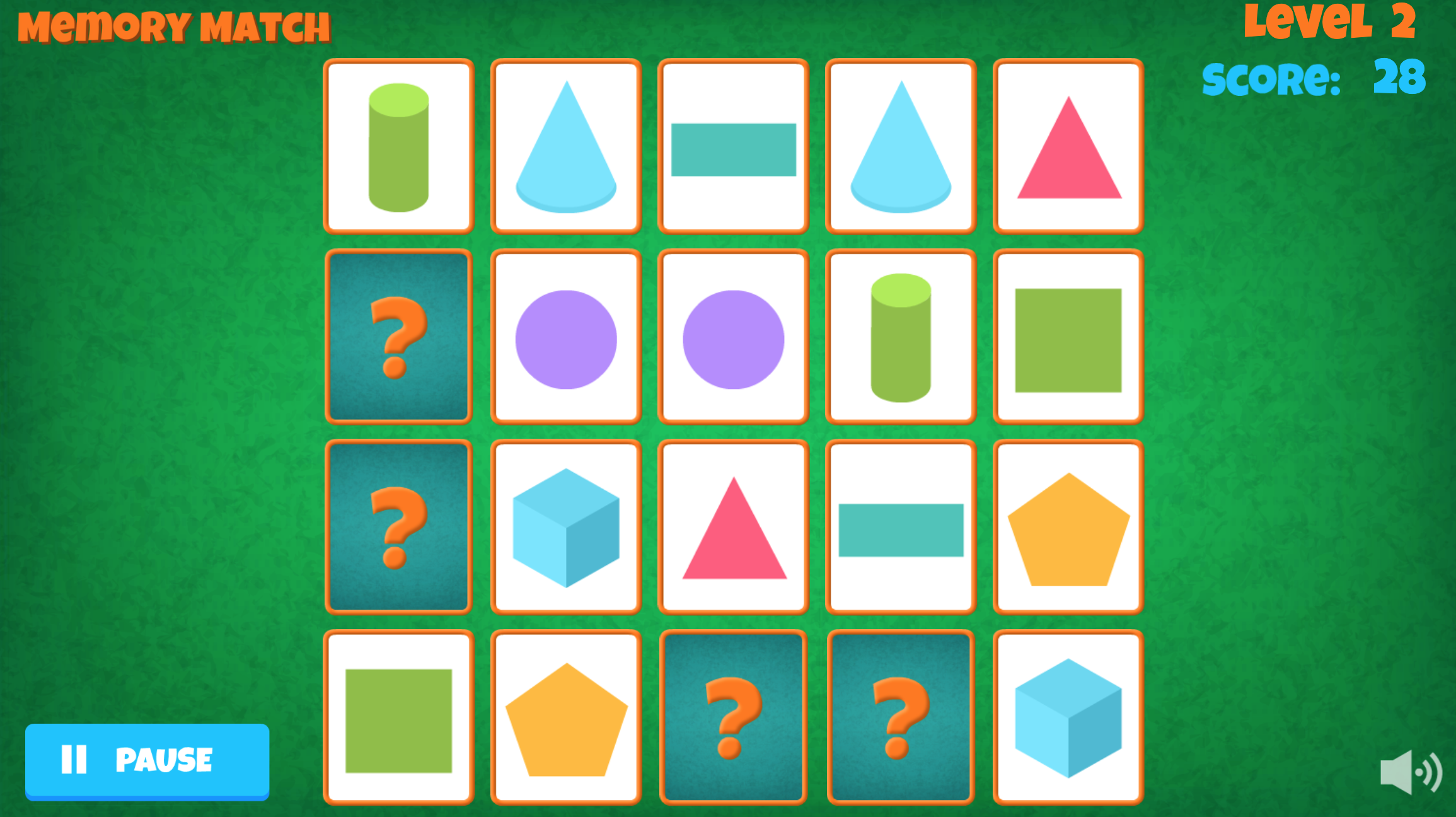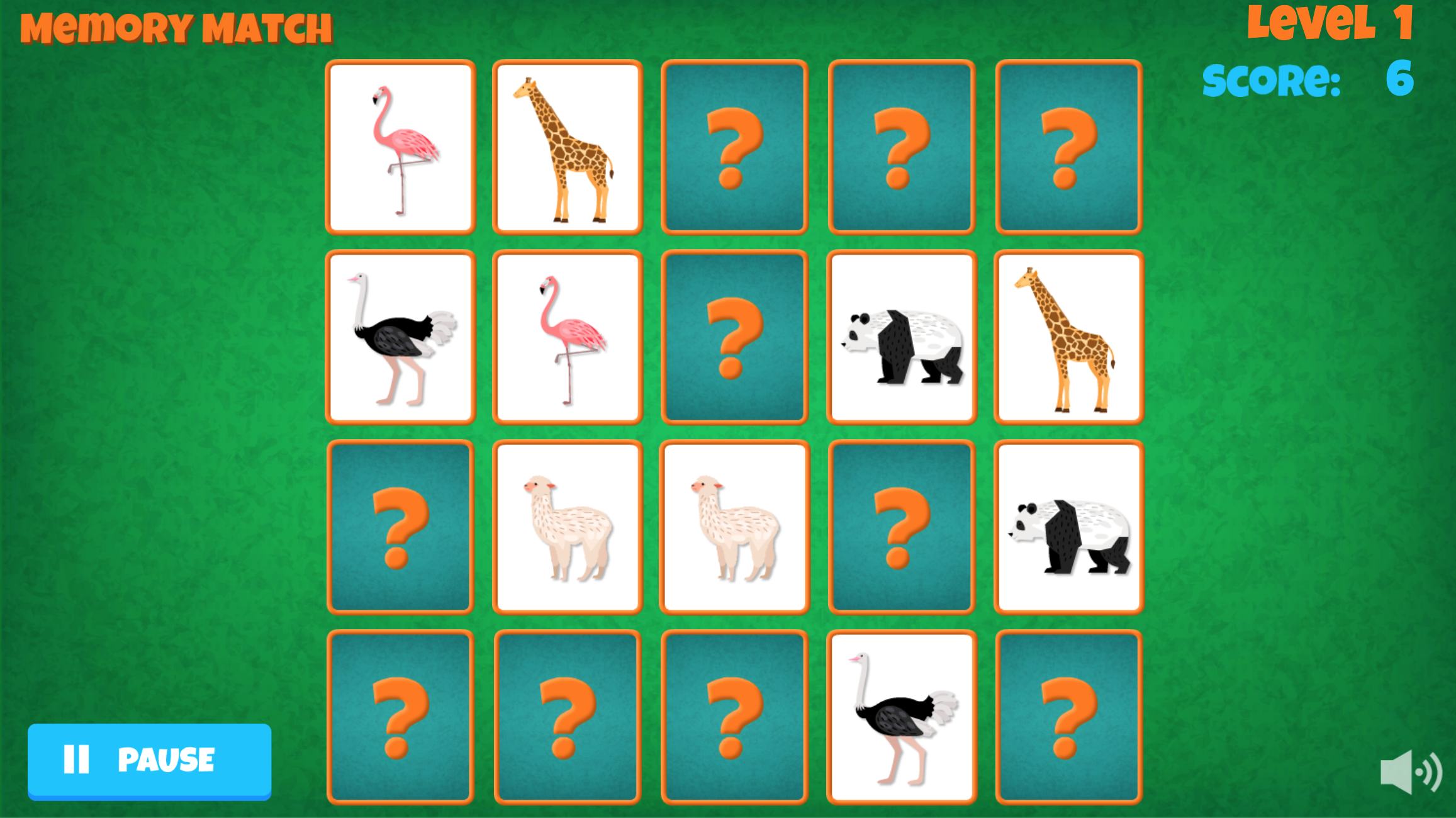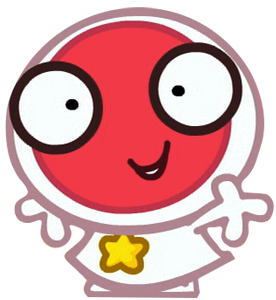
As kids grow up and head towards school age, the importance of learning through playing increases. Through games and playing, children can nurture their imagination, improve their ability to listen, as well as develop important cognitive skills that will aid their future development. And memory games are a vital part of this.
Everyone has played some kind of memory game at some point. Whether that’s spot the difference, simple pairing games using playing cards, or even doing a crossword. They all require the players to use their memory to complete the game. And in doing so, users are developing their key skills.
We’ve got a classic memory game to play in Curious World today. So just how do memory games help kids develop?
Playing memory games can improve other brain functions, such as attention, concentration, and focus. Memory games give space to critical thinking and that helps children nurture their attention to detail.
Memory games can improve visual recognition. With many memory games based on spotting differences, or linking two related images, children improve their visual discrimination. This will lead to an acceleration in distinguishing images from one and another.
Short-term memory is key to playing memory games and playing them often will improve function in this area. A good short-term memory can improve a person's long-term memory too. Both are linked and being able to move things from your short-term memory into long-term will improve learning in other areas.
Though memory games are a short-term boost, players have to plan their moves as they go. From revealing a card to plotting their next move, children can learn the importance of thinking ahead and plotting their next choice.
You can find the new memory game in Curious World. It’s great for children to play alone or parents can play along with them for an interactive, shared experience.






